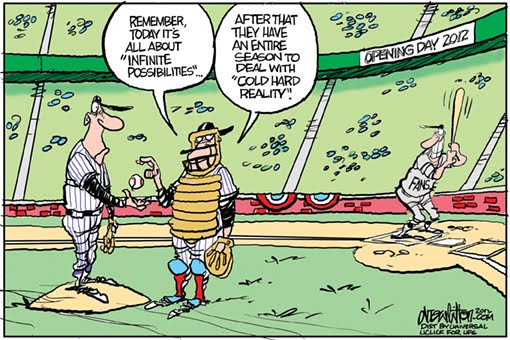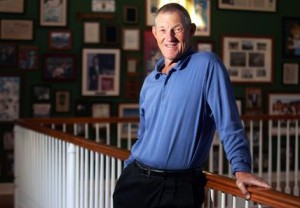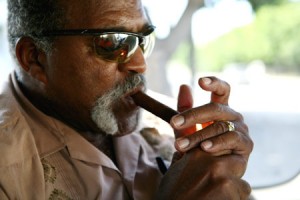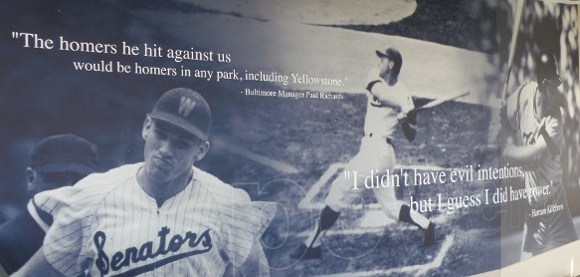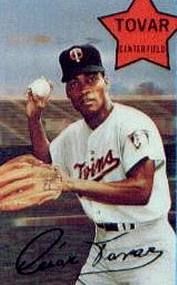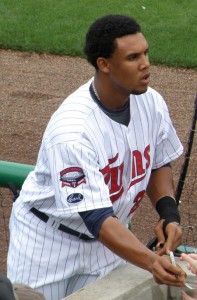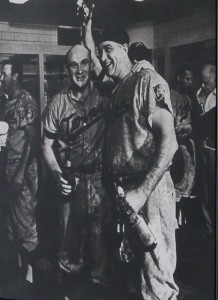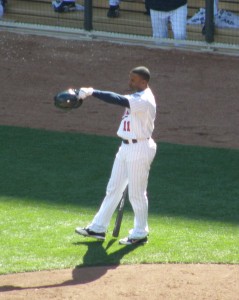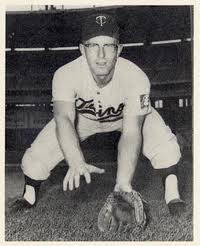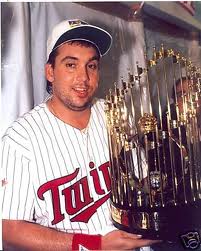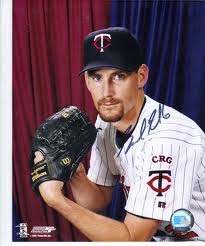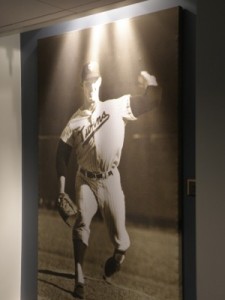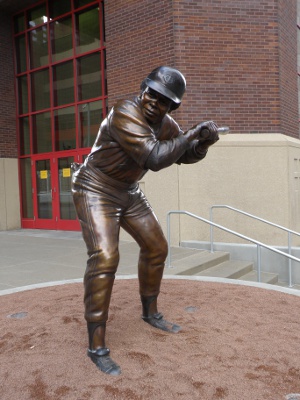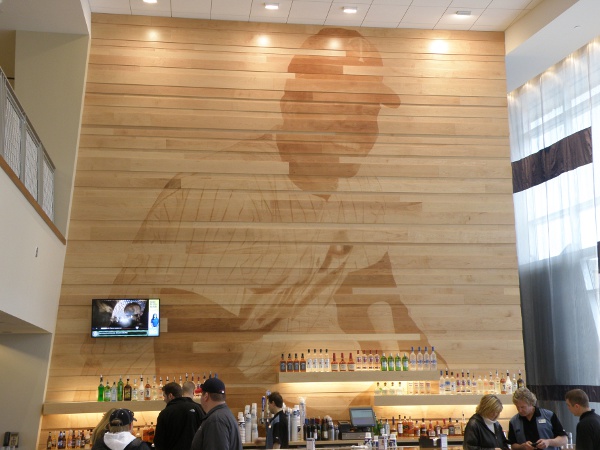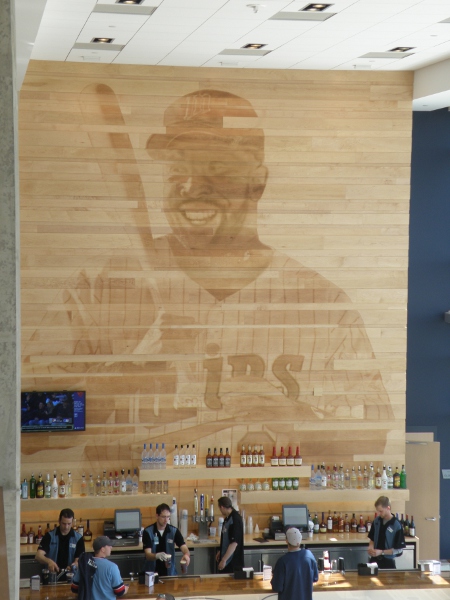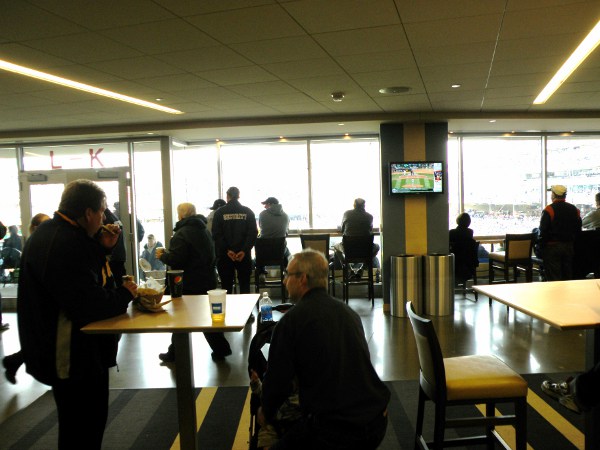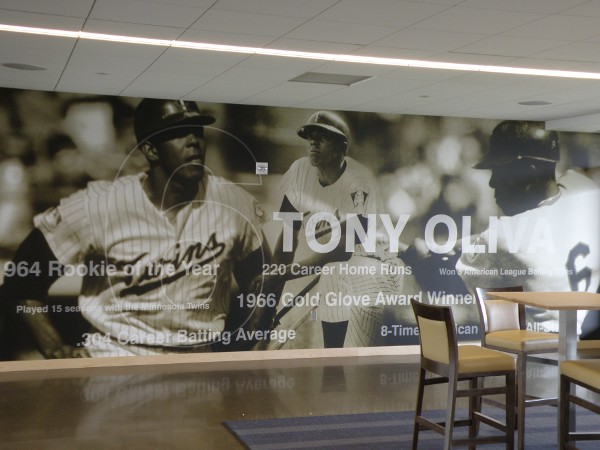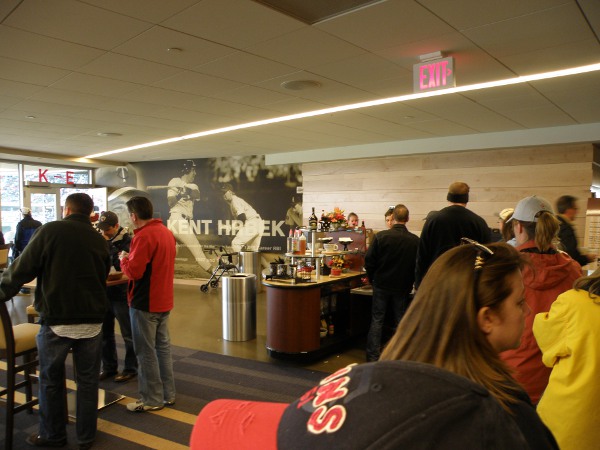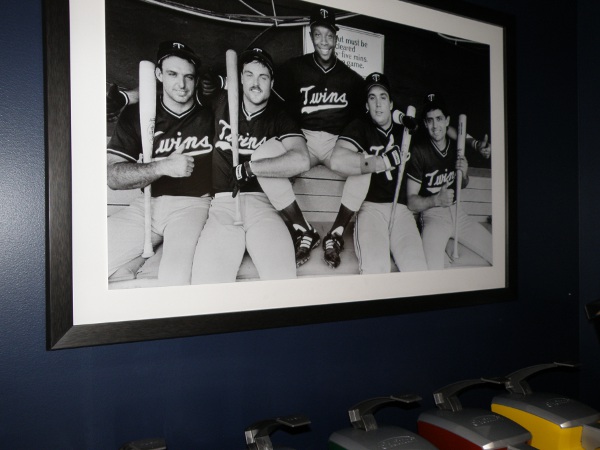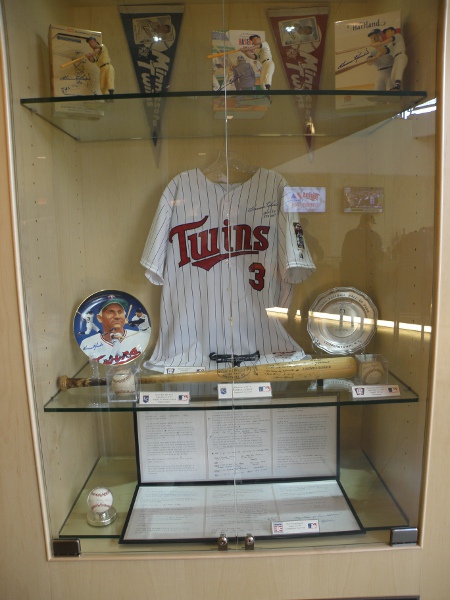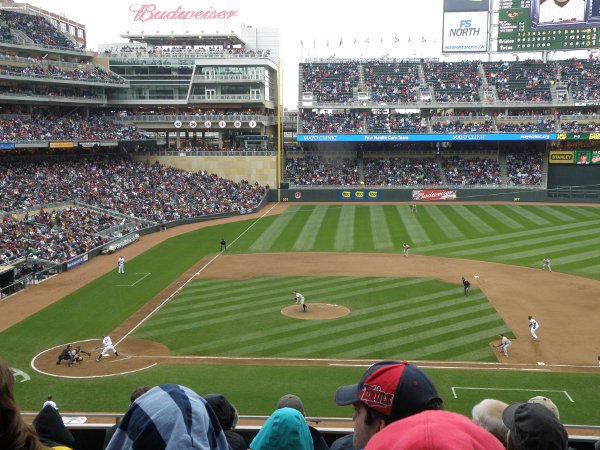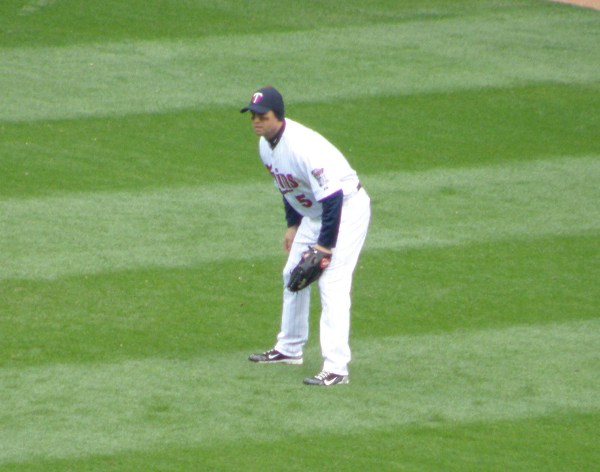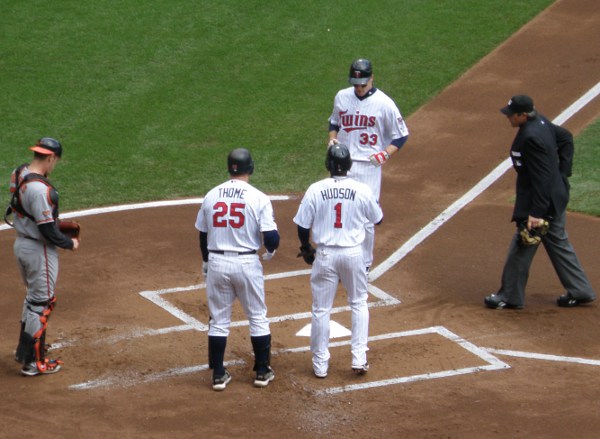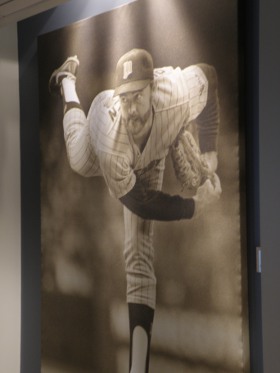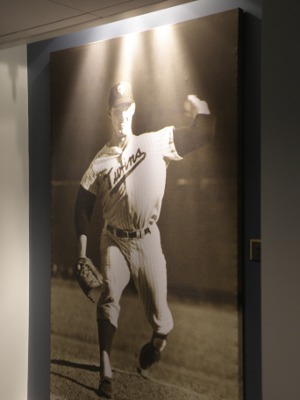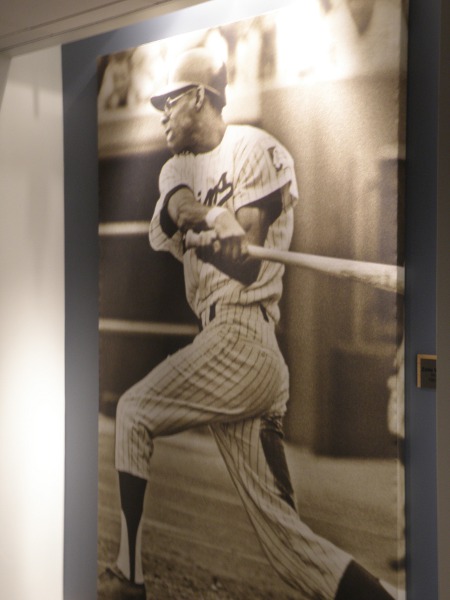With the Twins likely done making moves this winter, and with Spring Training games just around the corner, I thought it would be a good time to put my predictive powers to the test and try and suss-out the Twins’ plan for the Opening Day starter. With the Twins opening the season at home this year, the Opening Day start has a little more significance than it has the past couple of years when the Twins started the season on the road. The Twins have not started the year at home since 2009, and the last Twins pitcher to win the Opening Day game at home was Livan Hernandez in 2008 against the Los Angeles Angels. In fact, the Twins haven’t won an Opening Day game since 2008, working on an 0-4 streak losing 6-1 in 2009 against the Mariners, 6-3 against the Angels in 2010, 11-3 in 2011 against the Blue Jays, and 4-2 a year ago in Camden Yards against the Orioles. An Opening Day win would be a nice change of pace.
Since the Twins moved to Minnesota to start the 1961 season, Opening Day starters are just 14-25, with 12 no decisions. Not exactly a great track record on baseball’s biggest day, but with names like Camilo Pascual, Jim Kaat, Jim Perry, Bert Blyleven, Frank Viola, Brad Radke, and Johan Santana, the Twins’ Opening Day starter has historically been some of the most beloved players in Twins history.
Looking over the current 40-man roster, and some non-roster invites to Spring Training, there are several players who have a shot at being the Opening Day starter. I’ll rank them from least likely to start to most likely to start on Opening Day.
Rafael Perez (1% chance to start Opening Day) – Perez was just signed to a Minor League deal with the club a week ago. He’s spent his entire big league career working out of the bullpen, and has not had a K/9 above 6 since 2008. He has put up strong ERAs every year except 2009, but with the declining strike out rates and a ballooning walk rate, his ERA has been propped up by an above average strand rate. Perez has an uphill battle to even make the team as a left-handed reliever, and an even tougher climb into the starting rotation.
Rich Harden (4%) – Like Perez, Harden is with the Twins on a Minor League deal. Harden has not pitched in the big leagues since 2011, and while he has had a consistently above average strike out rate, he has not been an above average pitcher since 2009. There is some question as to whether or not Harden’s shoulder can stand up to the high pitch counts associated with starting, so there is a pretty decent chance that if he makes the team at all, the Twins would prefer that he work out of the bullpen to keep him healthy for the entire season. I like him more than Perez because Harden has a track record as a starting pitcher, and because the Twins are so desperately in need of strike outs, but he is still a long shot to even break camp with the Twins.
Mike Pelfrey (7%) – Pelfrey signed a 1-year deal with the Twins this offseason hoping to rebuild his value coming off of Tommy-John surgery. Pelfrey is still not a ful year removed from surgery, so there are concerns about his ability to be ready to start the season in the rotation. Unlike Harden and Perez, if he is healthy, Pelfrey has a guaranteed spot in the rotation. If I was confident that Pelfrey would be healthy when the Twins break camp I would have him higher, but it is early in camp and I anticipate that he will end up needing an extra few weeks go get all the way up to speed.
Liam Hendriks (10%) – Hendriks is a fringe candidate to make the 25-man roster out of Spring Training, but with questions about health among several of the arms ahead of him on the pecking order, he is likely to be the next man in if any one of the projected five starters are not ready to start the season. Even a healthy Liam Hendriks is a long shot to take the ball for the Twins on Opening Day as Ron Gardenhire usually likes to reward his veterans.
Kevin Correia (12%) – Poor Kevin Correia has been written off since before the ink was dry on his shiny-new 2-year $10 million dollar contract. Correia certainly is not the type of pitcher that would typically get the ball on baseball’s biggest stage, but the Twins seem to like his veteran leadership and clubhouse presence, something that went a long way for Carl Pavano (who started back-to-back Openers in 2011 and 2012). Pavano had almost a year and a half of starts with the Twins under his belt prior to taking the mound on Opening Day, but with no other experienced veterans on the roster, Correia might end up pitching by default.
Kyle Gibson (13%) – The Twins seem dead set on starting the year with Aaron Hicks in center field field despite not having any Major League experience. If the Twins are trying to build excitement in 2013 and invite fans to buy into the Twins future, Gibson could wind up pitching on Opening Day to help build momentum toward 2014 and beyond. But like Pelfry, Gibson is coming off of Tommy-John surgery, and unlike Pelfrey, Gibson figures heavily into the Twins future plans, so they are likely to treat him with kid gloves. The Twins are looking to limit his inning totals in 2013, so putting him on the mound from Day 1 does not do a lot to aid that effort.
Scott Diamond (15%) – After playing the role of savior for the 2012 Twins, Diamond was the overwhelming favorite to take the ball on Opening Day. If Diamond is healthy he will undoubtedly be pitching on April 1st. But Diamond had surgery in December to remove some bone chips from his throwing elbow and is reported to be progressing through his rehab slower than anticipated. There is still an outside chance that Diamond is healthy when the Twins open 2013, but the Twins want Diamond healthy long-term, so if any question marks remain about his health, expect the Twins to take things nice and slow.
Vance Worley (38%) – Vance Worley seems to have become the Twins de facto Opening Day starter because there really is not anyone else with a real shot at keeping him from it. He has a lot of things working in his favor; he is healthy, he is young and exciting, has a chance to be a long-term part of the Twins ballclub, and he is not Kevin Correia (which is to say he is not old, ineffective, and overpaid).
When the Twins traded away Ben Revere for Worley and Trevor May I would not have though Worley had any shot to pitch on Opening Day, but he seems to be the last man standing.
-ERolfPleiss

